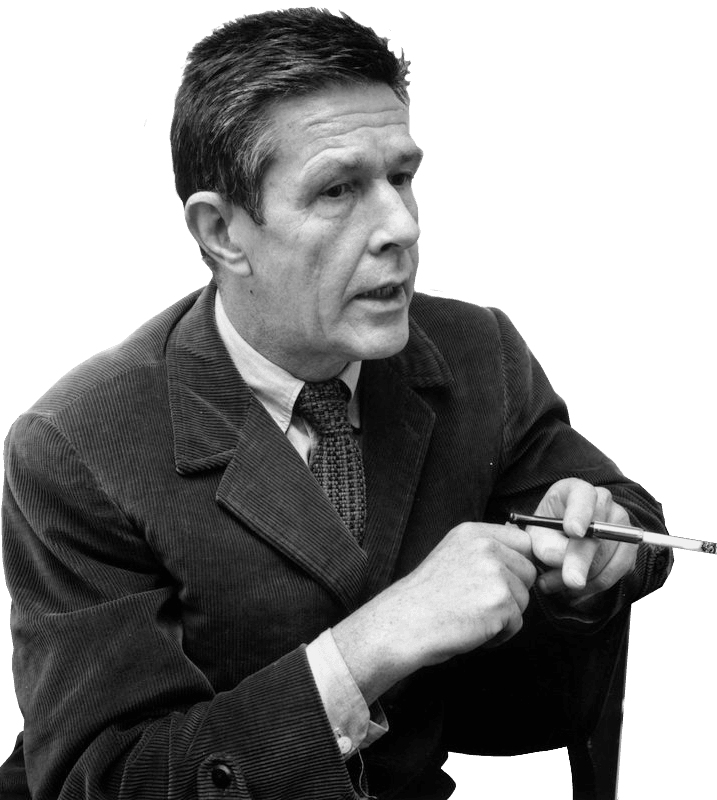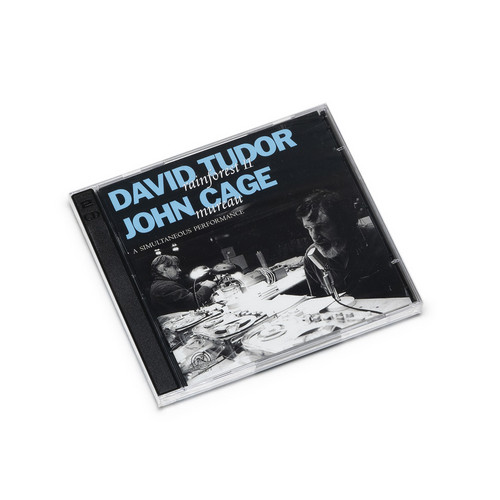John Cage
American composer, philosopher, writer and printmaker. He was educated in California and then made a study tour of Europe (1930-31), concentrating on art, architecture and music. On his return to the USA he studied music with Richard Buhlig, Adolph Weiss, Henry Cowell and Arnold Schoenberg; in 1934 he abandoned abstract painting for music. An interest in extending the existing range of percussion instruments led him, in 1940, to devise the 'prepared piano' (in which the sound is transformed by the insertion of various objects between the strings) and to pioneer electronic sound sources.

American composer, philosopher, writer and printmaker. He was educated in California and then made a study tour of Europe (1930-31), concentrating on art, architecture and music. On his return to the USA he studied music with Richard Buhlig, Adolph Weiss, Henry Cowell and Arnold Schoenberg; in 1934 he abandoned abstract painting for music. An interest in extending the existing range of percussion instruments led him, in 1940, to devise the 'prepared piano' (in which the sound is transformed by the insertion of various objects between the strings) and to pioneer electronic sound sources.
